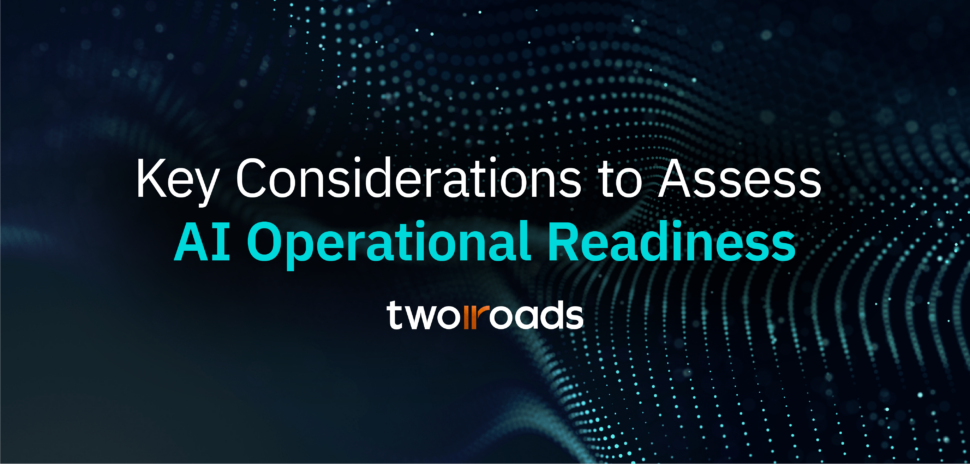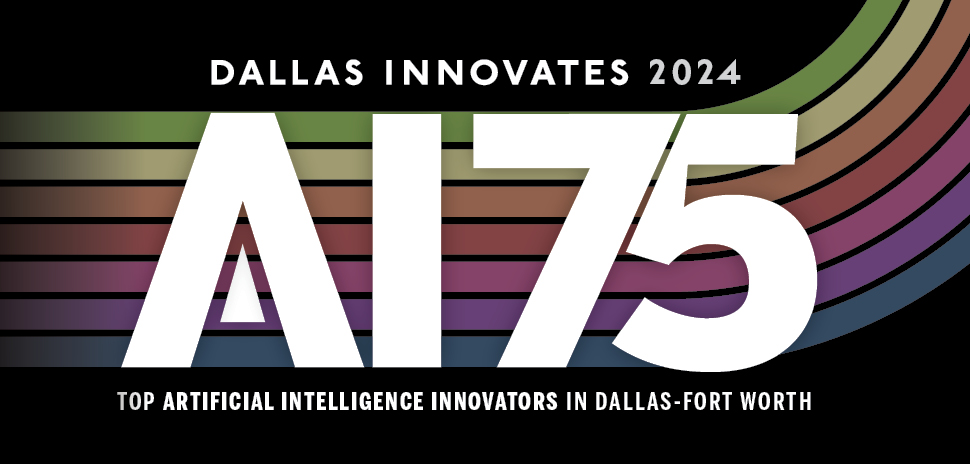![]() More than two years since generative AI exploded onto the radar of business leaders, the technology continues to mature. In 2025, AI is capable of driving real results across the enterprise. By next year, Gartner says, 80 percent of enterprises will utilize AI or AI-enabled applications. The question is: Are companies prepared to capture the technology’s full value?
More than two years since generative AI exploded onto the radar of business leaders, the technology continues to mature. In 2025, AI is capable of driving real results across the enterprise. By next year, Gartner says, 80 percent of enterprises will utilize AI or AI-enabled applications. The question is: Are companies prepared to capture the technology’s full value?
Formulating operations for AI takes a committed effort, one that begins with a deep assessment of internal teams and systems in preparation for implementing key capabilities for AI success. These preparations are more complex and challenging for the largest enterprise businesses. But with the AI revolution at their doorstep and competitors moving quickly, companies will face high pressure to roll out AI.
At Two Roads, we’ve guided Fortune 500 companies through the complexities of AI adoption, gaining firsthand insight into what drives success—and what holds organizations back. Through our experience, we’ve identified common pitfalls and key strategies to help businesses bridge the gap between ambitious AI goals and practical implementation. Here’s how organizations can avoid past mistakes and maximize the impact of their AI investment.
The enterprise’s ongoing tech implementation struggle
The truth about digital transformation projects is that, for the largest companies in the world, they often fail to reach expectations. In fact, 70 percent of efforts fall short of meeting targets, according to Boston Consulting Group.
Generative AI is proving just as difficult—if not more so—to implement effectively as past technologies that hit the enterprise. In many cases, organizations lack the talent necessary to put AI into place. In others, the skills are there, but the organizational culture requires evolution. Additional technical and resource considerations deepen the problem. All told, nearly one out of three gen AI projects—a full 30 percent—will be abandoned after proof of concept, Gartner says.
Assessing organizational readiness
Considering the rapid evolution of the competitive environment, businesses can’t afford to waste time and resources on bad technology implementation. But before they can set up operations to effectively and efficiently put AI into place, companies must take a clear look at their maturity and readiness on several fronts.
- Skills and talent: Take an objective look at the skills and talent you’ll need to implement AI, and then pinpoint the gaps between those needs and your existing teams. Lay out a plan to combine recruitment for new roles with internal upskilling. Assess the costs associated with establishing your ideal AI-ready team and assemble a roadmap to move toward that vision.
- Culture: Generative AI tools are built to be used by team members with widely varying technical sophistication. But just because people can doesn’t mean they will, so AI readiness often requires some cultural work. Start by assessing how much your current culture values innovation and is open to changing the way they work, as well as the education required to earn buy-in.
- Data infrastructure: AI applications are only as good as the information they access, which means some companies will need to invest in shoring up their data infrastructure before they can dive in. Start by evaluating how your company collects, stores, and processes large volumes of data, and create a path to optimize that full spectrum.
- Resource and budget allocation: There’s no getting around it, implementing AI requires significant human resources and capital. How much money can your company devote? How many people? There’s little harm in starting small to prove out value, but companies should understand what it will take to scale up.
- Strategic roadmap: Some companies make the mistake of pouring all their resources into single AI solutions, and then abandoning efforts when things don’t go as planned. Rather than go all-in right away, companies should create a strategic roadmap that allows a balance of shorter term projects and ramping up AI for maximum long-term impact.
- Measuring success: As those short-term and long-term projects come into focus, it’s important to assess how they’ll be measured. Establishing clear objectives and goals aligns teams and keeps efforts on track.
Capabilities for a successful AI transformation
After companies have completed the requisite, foundational work to assess their AI readiness, they can begin to institute capabilities for success. That involves:
- Identifying and prioritizing opportunities: Keeping in mind your assessments, establish clear business goals and prioritize projects that connect directly to those goals.
- Strategic planning: Take care to construct a sound business case and outline the timelines and resources required to execute.
- Delivering AI: Roll out your AI while effectively managing resources during implementation. Make sure to socialize your progress across the business, including to key decision-makers who may be monitoring with an eye toward future investments. Finally, create an effective change management communications plan to ensure workers buy into new tech and aren’t caught off-guard by its reveal.
For businesses rolling out AI, having the right partner can make all the difference—ensuring a seamless transition from strategy to execution. Two Roads has helped Fortune 500 companies navigate the complexities of AI adoption, bridging the gap between business goals and technology capabilities to drive real impact.
Discover our proven framework for AI success in our latest white paper, and let’s map out a clear AI readiness roadmap for your organization.
Scott Chiou is a technology leader and founding partner of Two Roads Consulting, one of the fastest-growing management consulting firms in North Texas. With over 25 years of experience, Scott has deep expertise in structuring large transformation programs, operating model design, and organizational change. He has firsthand experience developing enterprise AI capabilities and is certified from MIT’s business school in Artificial Intelligence: Implications for Business Strategy.
Don’t miss what’s next. Subscribe to Dallas Innovates.
Track Dallas-Fort Worth’s business and innovation landscape with our curated news in your inbox Tuesday-Thursday.






























